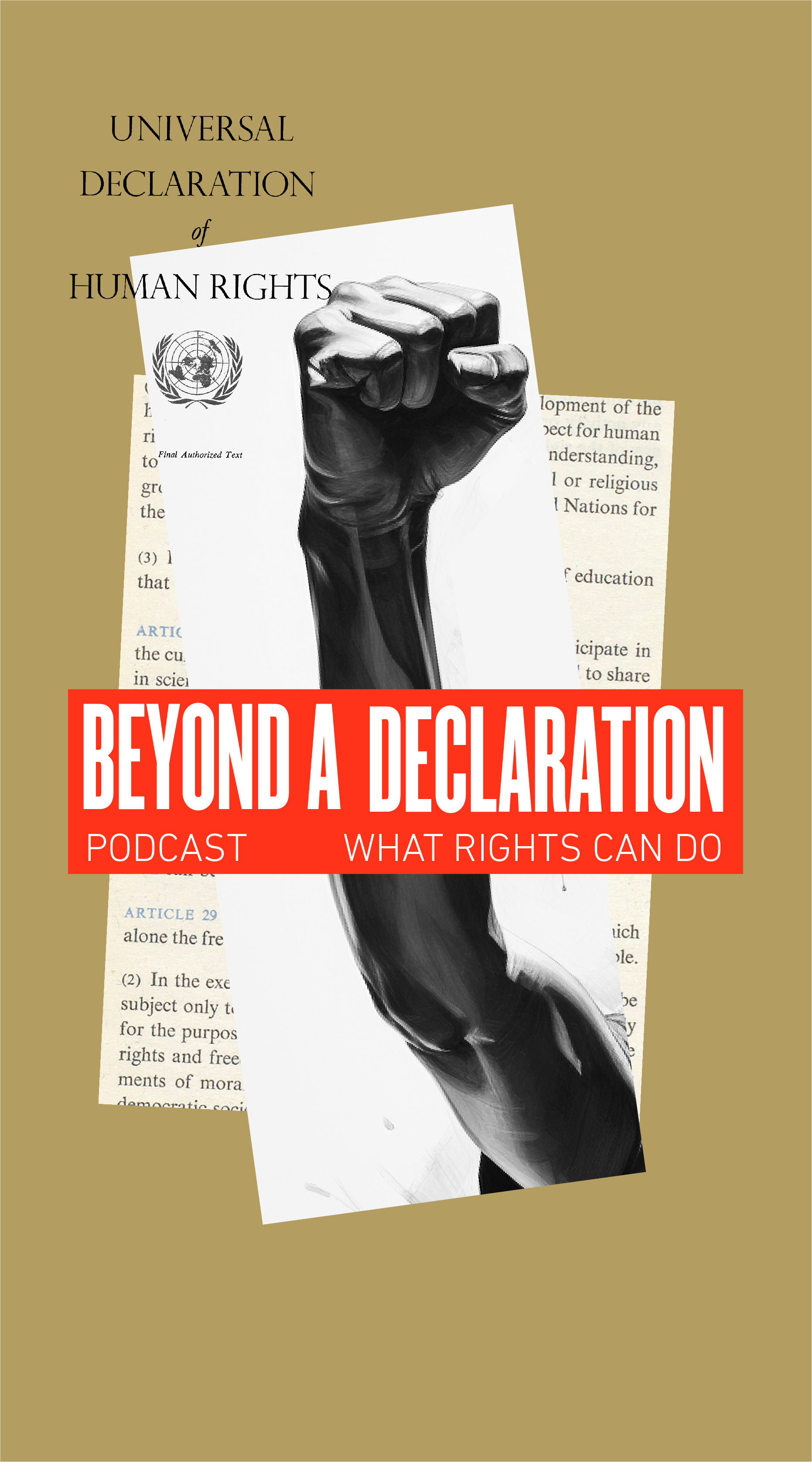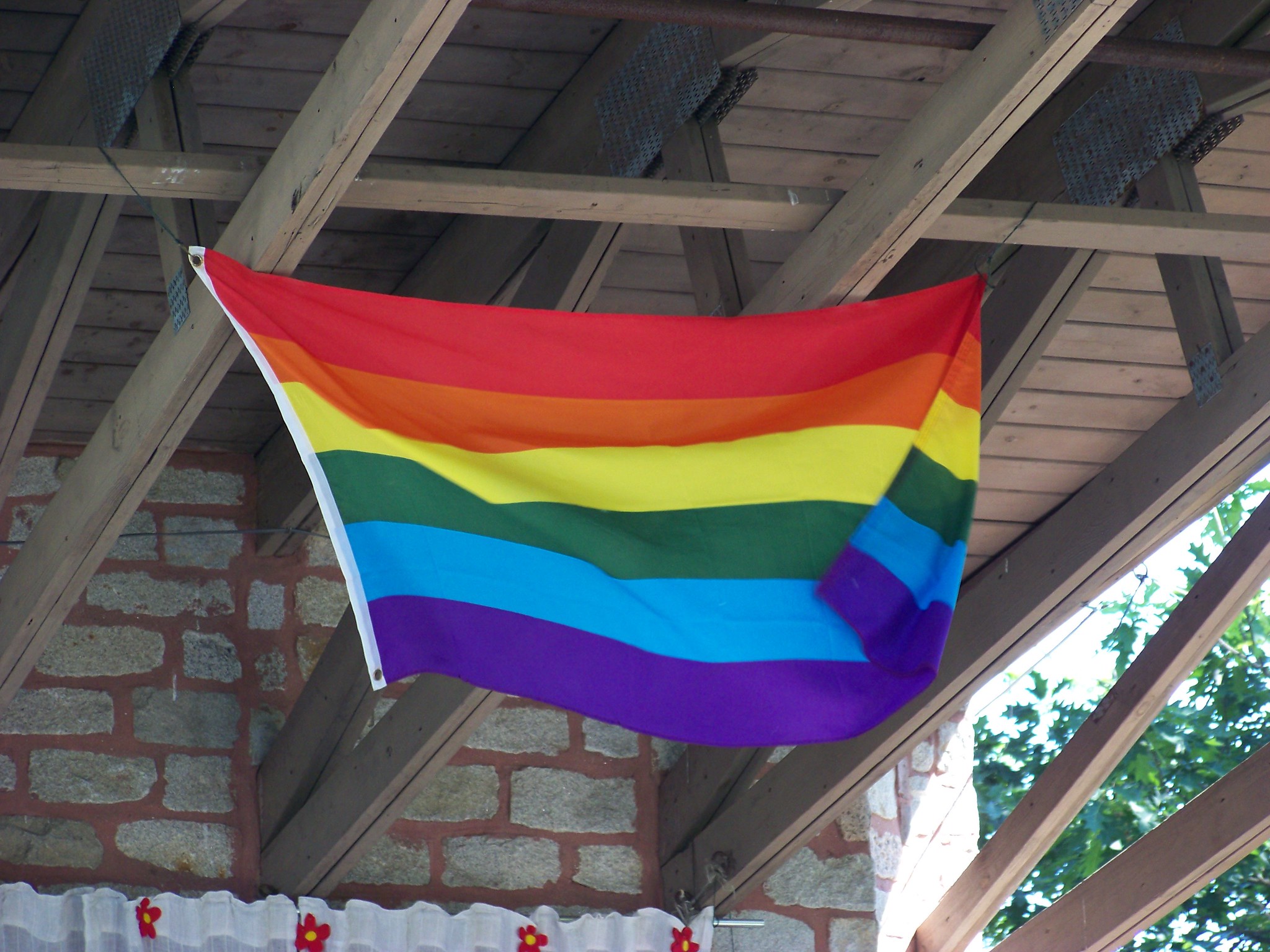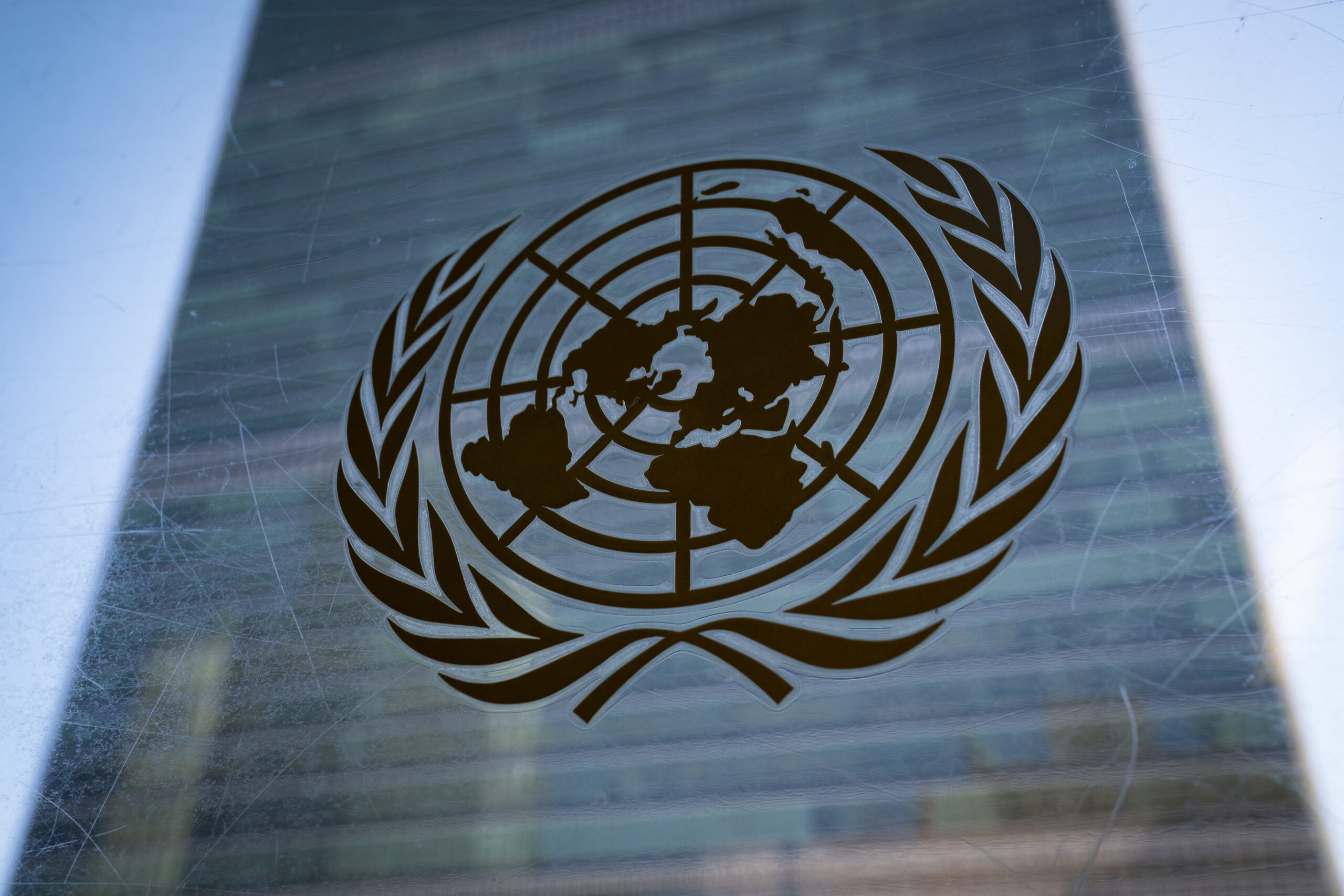This year’s UN Permanent Forum on Indigenous Issues (UNPFII) focused on “Indigenous peoples, business, autonomy and the human rights principles of due diligence including free, prior and informed consent.”
“Free, Prior and Informed Consent” (FPIC) is a principle protected by international human rights standards that state, “all peoples have the right to self-determination,” and relatedly, “all peoples have the right to freely pursue their economic, social and cultural development.”
As institutions and Member States fail to uphold Indigenous Peoples’ rights under international law, as megaprojects and industries’ extractive and aggressive development projects lead to forced migration and displacement from Indigenous ancestral lands, Indigenous Peoples demand that businesses and UN Member States implement free, prior and informed consent in accordance with the international and UN legal framework, especially the Declaration on the Rights of Indigenous Peoples (UNDRIP), International Labour Organization Convention 169, the Convention on Biological Diversity, the Convention on Human Rights and the Escazú Agreements.
This UNPFII side event on “The Contributions and Challenges of Indigenous Women Regarding Free, Prior and Informed Consent” was sponsored by MADRE and Rosa Luxemburg Stiftung – New York Office.
Moderator:
Otilia Lux Garcia de Coti, Permanent Representative of Guatemala to UNESCO Executive Council
Panelists:
Lucy Mulenkei, Indigenous Information Network (Kenya)
Luzbeidy Monterrosa, Shinyak Kashikai Sinyak Kashikai (Colombia)
Yasso Bhattachan, National Indigenous Women’s Forum (Nepal)



